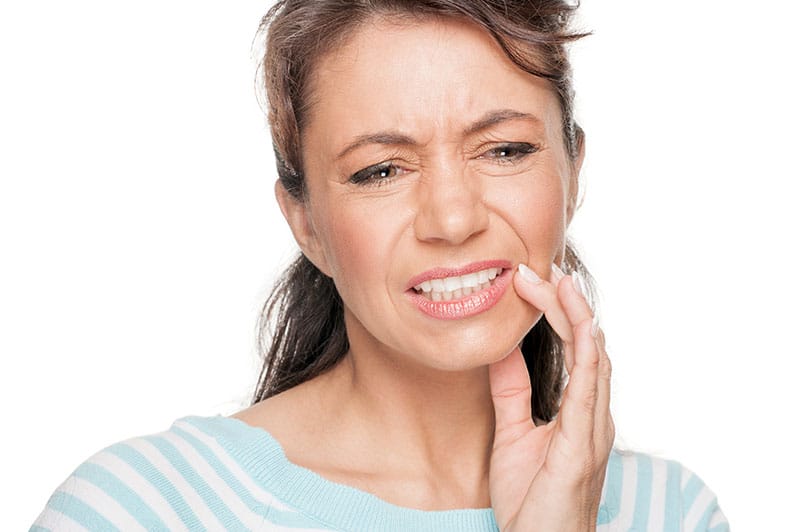Tobacco Use and Your Oral Health

The fact that smoking is bad for your health is no secret, but did you realize the harm it can have on your oral health? Teeth are not the only things in your mouth that can turn brown and dark – smoking tobacco can even stain your tongue and your gums. Smoking or chewing tobacco can lead to much more serious issues, such as periodontal disease and oral cancer.
Oral Cancer
Oral cancer is a life-threatening disease that can develop from smoking. Estimates from the American Cancer Society suggest that around 90% of people who have some form of oral cancer were tobacco users at some point in their life.
Smokers have a risk six times higher than non-smokers when it comes to oral cancer. One’s personal risk for developing oral cancer from a lifetime of smoking increases by not only how frequently a person smokes or uses tobacco, but for how many years a tobacco user has smoked or chewed tobacco. The longer you are a tobacco user, the greater risk you face.
Periodontal Disease
Smoking regularly contributes to the development of periodontal disease. It all starts with inflammation of the gums, and progresses to the loss of the bone that supports the roots of the teeth.
There are both nonsurgical and surgical methods of treating periodontal disease, however, without treatment, periodontal disease will result in damage to the bones supporting the teeth, and potentially the loss of the teeth themselves.
Just Say No
There is no safe way to consume tobacco, whether you chew it, inhale it, or smoke it. The bottom line is tobacco exposure will harm your health. Chewing tobacco is not safe either, your risks of oral cancer are six times greater compared to those who do not use tobacco.
Protect Oral Health
- Stop smoking. Once you quit this nasty habit, you’ll reduce the risk of oral hygiene issues. The longer you’re off smoking cigarettes, the more your risks drop. After ten years of a tobacco-free lifestyle, your risks will be similar to someone who has never smoked at all.
- Visit the dentist. Early detection is the best way to beat any type of cancer, and oral cancers are no different. Part of a routine dental check-up is an examination for the incidence of oral cancer. In dealing with oral cancer, the sooner a diagnosis is made, the better the chance a person has to be cured.
- Stop smoking. Yes, this point was made twice. When it comes to using tobacco, it is only a matter of time before the damage caused by all the toxic chemicals from tobacco products start to manifest themselves in a user’s mouth. Nothing good comes from smoking, but a lot of good things come from quitting this deadly habit.
If you are a tobacco user, then it’s time to cut back and eventually quit. It’s an addictive habit, and your dentist can help you if you need guidance and support in your effort to stop smoking or chewing tobacco. If you want to quit and you’re having a hard time, then talk to your dentist (or doctor) about strategies that can help you not only quit, but also stay tobacco-free.

